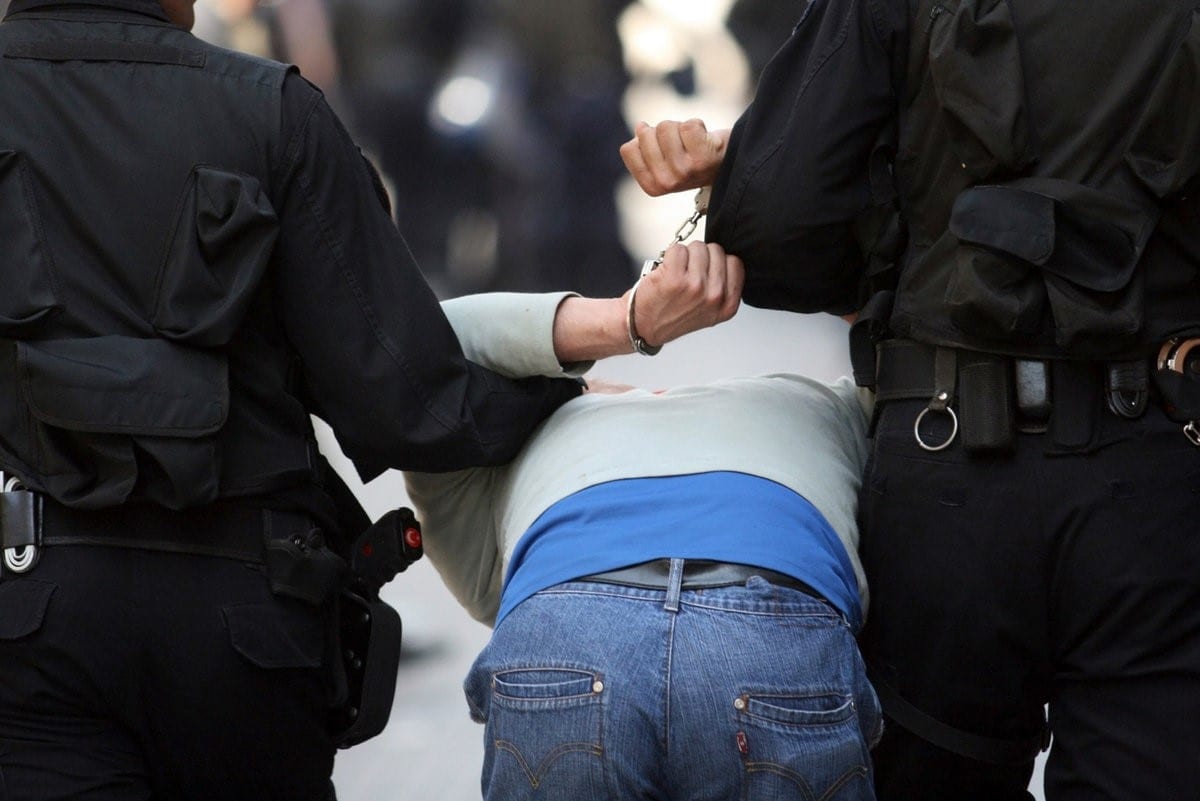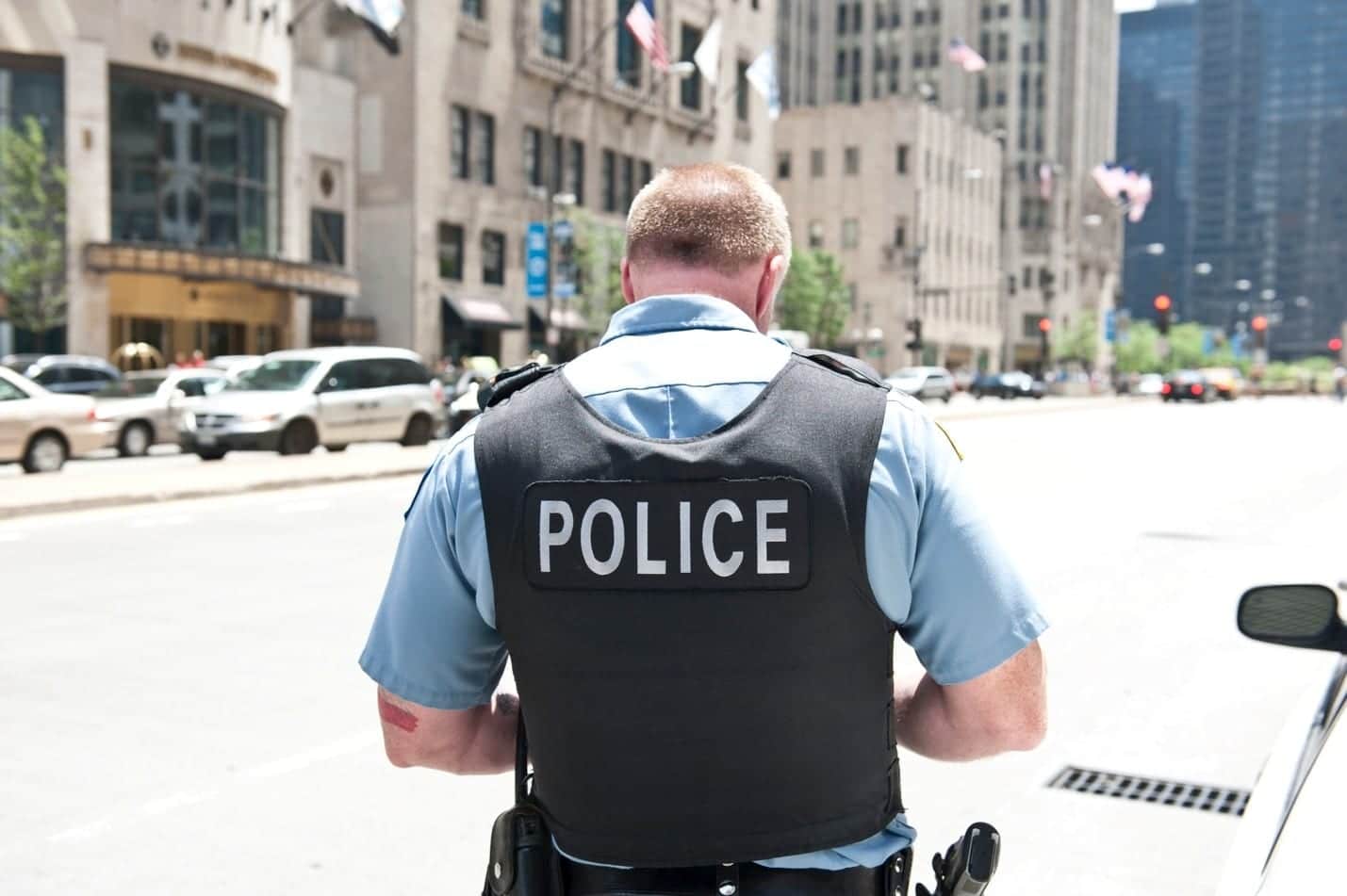Understanding Battery: What Happened at the Trump Rally
Politics is getting dangerous, and, unfortunately, we still have a long way to go to get to the November elections.
Illinois, and Chicago in particular, are on the main stage after a political rally for Republican presidential candidate Donald Trump turned sour. And that’s putting it lightly.
Let’s take a moment to break down what happened at the University of Illinois – Chicago Pavilion on Friday, March 11.
Donald Trump, the current presidential front-runner, was scheduled to speak at a rally on the university’s campus at 6 p.m. The doors to the rally opened at 3 p.m.
In addition to Trump supporters getting in line beginning at 3 a.m. for the rally, over 50,000 people signed an online petition to have the Trump event canceled due to his recent statements and views on race and immigration. An hour before the rally was supposed to begin, Trump protestors were being escorted out of the pavilion.
So tensions were already running high.
Because of the tension, law enforcement decided that it would be in the best interest for the safety of everyone that the rally should be postponed.
When the postponement was finally announced, the crowd – which had hours to grow in size – reacted. Trump supporters yelled. Trump protestors cheered. And then the violence started.
People were yelling at each other, they were making vulgar gestures… and then punches were thrown. The protests extended all the way out into the streets where cars were stopped and chaos reigned.
Two Chicago Police Department officers suffered non life-threatening injuries, one of which involved a bottle hitting the officer’s head.
Four people have been arrested and are currently being charged:
- Sergio Girlado, 23, is charged with two felony counts of aggravated battery against a peace officer, one felony count of resisting and obstructing a peace officer, and two misdemeanor counts of resisting arrest and obstructing a police officer.
- Sohaan Goss, 21, is charged with one felony count of aggravated battery of a peace officer and 5 misdemeanor charges of resisting and obstructing a peace officer.
- Timothy Bradford, 32, is charged with two misdemeanor counts of resisting arrest and obstructing a police officer.
- Kathleen Griffin, 45, is charged with one misdemeanor count of resisting arrest and obstructing a police officer.
Aggravated Battery Charges in Illinois
While we don’t know exactly what these suspects allegedly did, we can look at the Illinois statutes to determine what the charges actually mean.
Let’s first look at simple battery to know how battery charges can turn into aggravated battery charges.
Under Illinois law, battery is knowingly – and without legal justification – causing bodily harm to an individual, or making physical contact of an insulting or provoking nature with an individual. So pushing another person or hitting someone with an object qualifies as committing a battery.
Since we know that a police officer was supposedly hit in the head with a bottle, one of the suspects charged with aggravated battery is probably being accused of doing that.
But why is it aggravated instead of just a simple battery?
Well, there are certain aspects of a crime that will increase the charge and penalty. Someone could be charged with aggravated battery if he or she:
- Knowingly caused great bodily harm, permanent disability, or disfigurement
- Strangles the victim or blocks their nose or mouth
- Uses a firearm or other deadly weapon or a firearm is discharged
- Wears a hood, mask, or robe to hide their identity
- Uses a controlled substance to cause harm to the victim
It seems that none of the suspects displayed this behavior, but where a battery occurs and who a battery is against can elevate the crime.
If a battery occurs in a public place, on a public road or highway, on school property, or in a public facility, that battery is aggravated.
And if the victim is a “special” victim – a peace officer, firefighter, EMT, public employees, a teacher, nurse, senior citizen, child, and others – that battery is also aggravated.
So the suspects are charged with aggravated battery here because they are accused of committing a battery against a peace officer while also being on university property.
And the potential penalties for aggravated battery?
Most are Class 3 felonies punishable by 2 to 5 years in jail and a fine up to $25,000. Certain cases could be more severe depending on the circumstances of the alleged crime.
I’m sure the Trump supporters and protestors didn’t expect the situation to get so out of hand. But it did. And we can only hope going forward that people learn from this incident and the violence in politics doesn’t continue to escalate.
About the Author:
Andrew M. Weisberg is a former felony prosecutor who now serves as a defense attorney in the greater Chicago area. He has extensive experience in handling all types of criminal cases, from sex offenses and domestic violence to retail theft-related crimes, Murder, and drug crimes.







 Blog Home
Blog Home 












